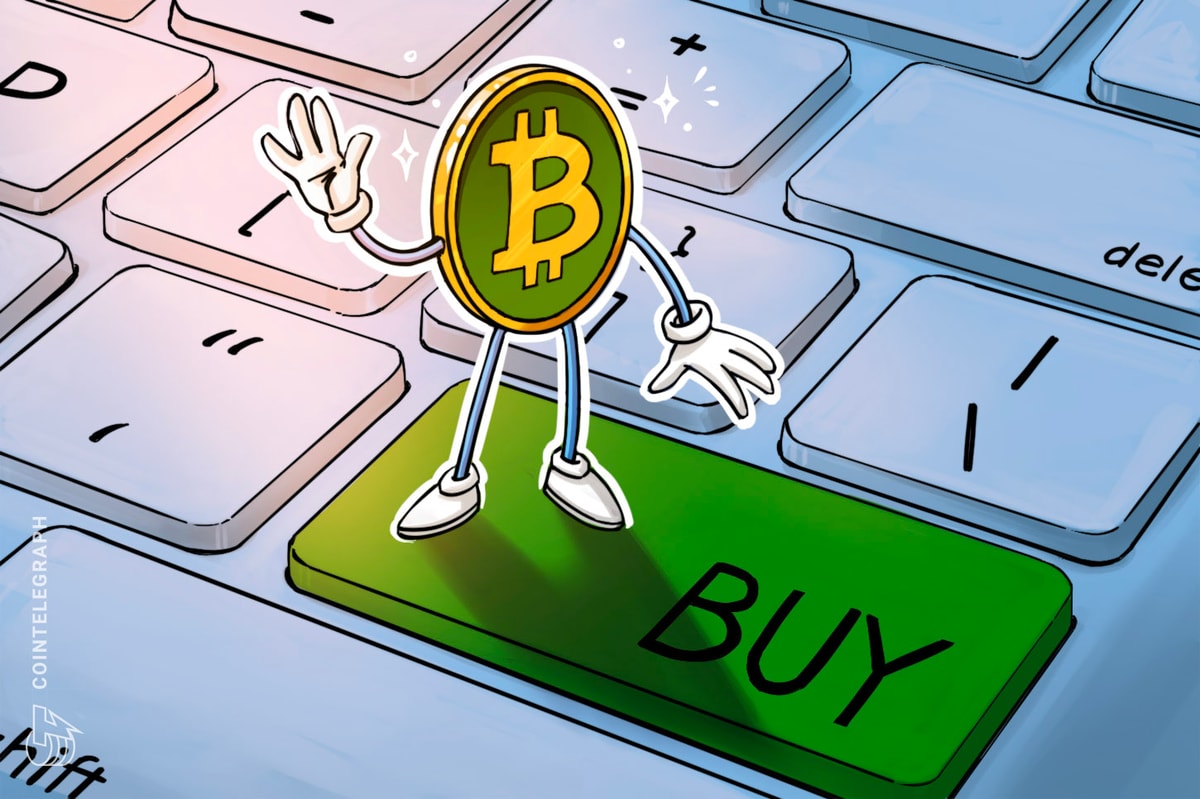The chaos we’ve experienced in global markets this year — global geopolitical upheaval magnified by the confluence of broken supply chains, inflation

The chaos we’ve experienced in global markets this year — global geopolitical upheaval magnified by the confluence of broken supply chains, inflation and heavy national debt loads — seems to signal the beginning of a new era. All of this is within the context of the United States dollar serving as the primary global reserve currency, currently accounting for about 40% of global exports.
But monetary history tells us that multiple global reserve currencies can exist at one time. Many countries are actively seeking a reserve settlement that is insulated from global political strife. Bitcoin (BTC) may fit the bill, and if it is adopted as an alternative reserve currency — even at the margins — we will see the unleashing of Bitcoin-based trade and the rise of a new geopolitical reality.
The Bitcoin network is ready for this moment.
What is Bitcoin-based trade?
There are many reserve currencies in the world, from the U.S. dollar to the Chinese yuan, the Japanese yen and more. But the dollar is the largest by far in terms of popularity in use for exchange.
Related: 5 reasons 2023 will be a tough year for global markets
Bitcoin-based trade focuses on the idea that BTC could also function as a reserve currency running in parallel with other reserve currencies. The resulting geopolitical reality would be one in which supply and demand are at the forefront of leverage between nations. Those that possess the raw materials, manufacturing capabilities or any other number of critical inputs for global commerce would then be capable of negotiating based on the demand for those inputs. This would be enforced by the unit of exchange, Bitcoin, remaining a largely apolitical settlement network.
The importance of timing
There are many challenges facing the global economy. Two, in particular, are the products of the once-in-a-generation alignment of unique circumstances. The first is the need for an efficient, relatively apolitical, antifragile reserve currency system. The second is the increasingly challenging requirements for critical inputs for the global economy. These are inputs like raw materials, manufacturing costs, specialized manufacturing processes, the protection of intellectual property, etc. The sources for critical inputs that are necessary for all global commerce are in transition. The timing might just be right for geopolitical leverage that has traditionally come from the global need for dollars to be dramatically dampened by a new unit of exchange, Bitcoin.
Whether the dollar should be displaced from the current reserve currency hierarchy is a subject for another time. Even just a few years ago, considering Bitcoin as a meaningful addition to existing reserve currencies was impossible. Nevertheless, Bitcoin is now a viable entrant because of the size and level of decentralization of the network.
Beyond any public skepticism or regulatory inertia, the Bitcoin blockchain was too slow and too energy intensive to be a viable global reserve currency. Fast forward to today, the network possesses a feature set that can power unique solutions needed for exactly this purpose.
Simply put, the Bitcoin network is getting more robust and multifunctional by the day. The rise of the lightning network makes it simple for participants to actively manage inbound and outbound liquidity. This matters because as countries and large businesses adopt the Bitcoin network, smaller countries and companies will follow. The Lightning Network continues to expand rapidly and will soon be capable of handling this volume quickly enough to compete with fiat currencies at multiple levels of trade.
Related: 4 legislative predictions for crypto in 2023
The second major challenge is the increasing need for critical inputs from the global economy. These are inputs that represent the supply side of the market. This includes raw materials like oil, computer chips, lithium and aluminum — and very specific manufacturing processes that require a high degree of specialization or manufacturing that is extremely inexpensive. So too included is the ability to legally protect ideas. There are many categories of critical supply-side inputs, but the bottom line is this: Without using the leverage of monetary policy and restricted trade settlement, the ability of those countries that possess critical supply-side inputs to negotiate geopolitically is dramatically increased.
The seachange that this would unlock cannot be overstated. This would be that entities like the Bank of International Settlements (the bank for central banks), the International Monetary Fund, the World Bank and many other global financial institutions would lose some of their political power. This is important because, as history has shown, these institutions exercise outsized political influence that is misaligned with the economic reality they profess to be upholding.
Let’s take the example of the IMF. Alex Gladstein has done extensive research to better understand the complex…
cointelegraph.com
